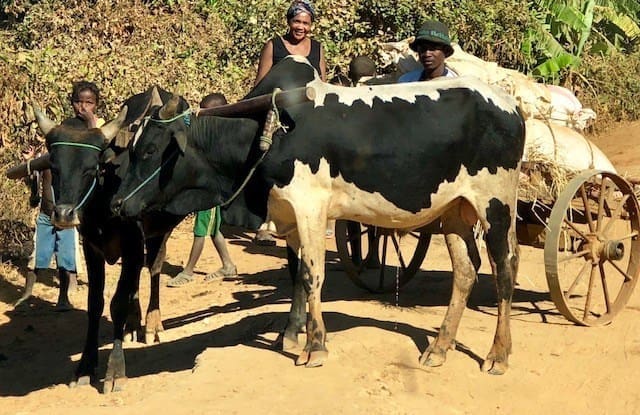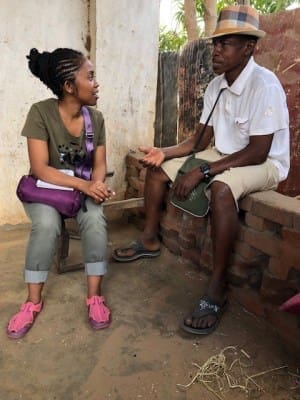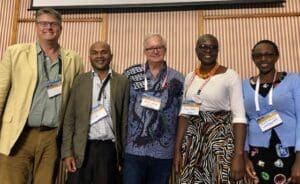
Recent discussions at the Global Landscapes Forum in Accra, Ghana, which revolved around tenure policy and forest landscape restoration in Madagascar, shed light on some of the issues impeding progress toward achieving positive social and ecological restoration outcomes globally.
The Bonn Challenge and the U.N. Decades on Ecosystem Restoration and Family Farming are important global restoration initiatives. They are designed, organized and funded by U.N. agencies, major donor countries, international non-governmental organizations (NGOs) and participating national governments that have signed on to their ambitious goals for restoring degraded forests, farmland and ecosystems.
Within the framework of the Bonn Challenge, 28 African countries affiliated in the AFR100 (African Forest Restoration Initiative) network are committed to restoring 113 million hectares of degraded forests.
There is wide agreement among experts that communities must be consulted at every stage of the restoration planning and implementation processes.
But too often “consultation” takes the form of perfunctory discussions with communities, and meaningful decisions about land use practices, funding, program design, local governance, incentives, regulation, planned outcomes and distribution of benefits are made by external entities.


